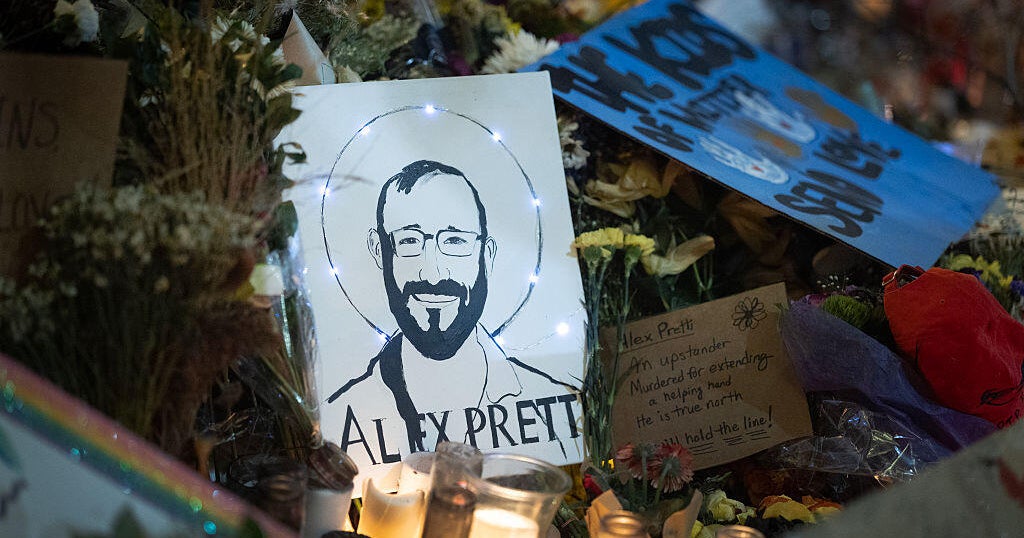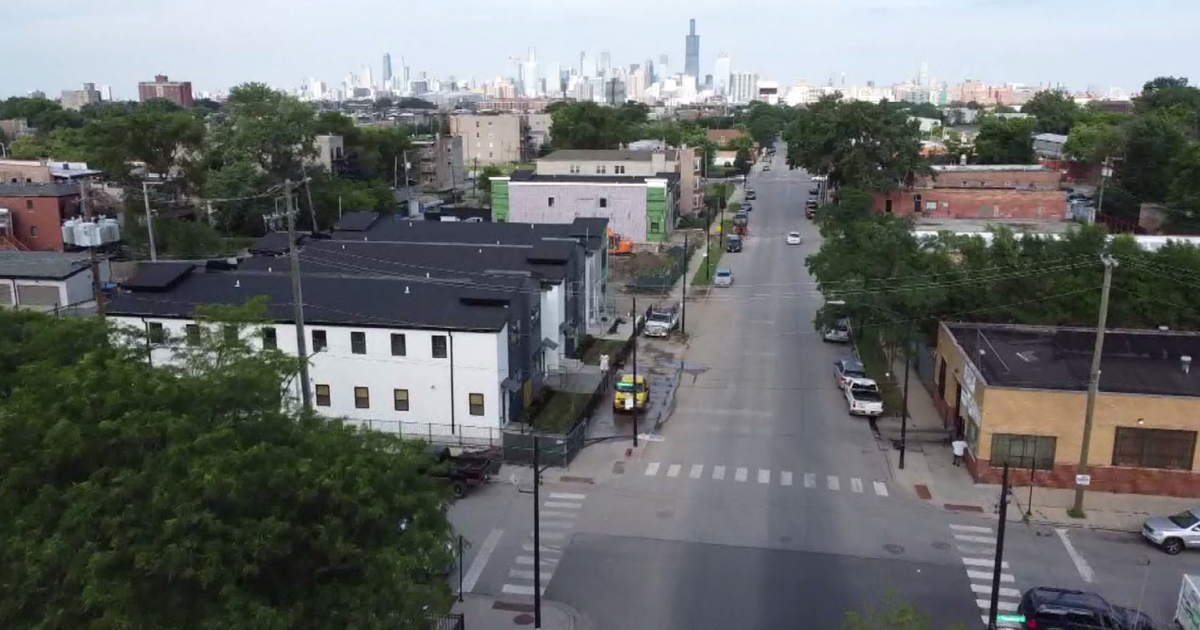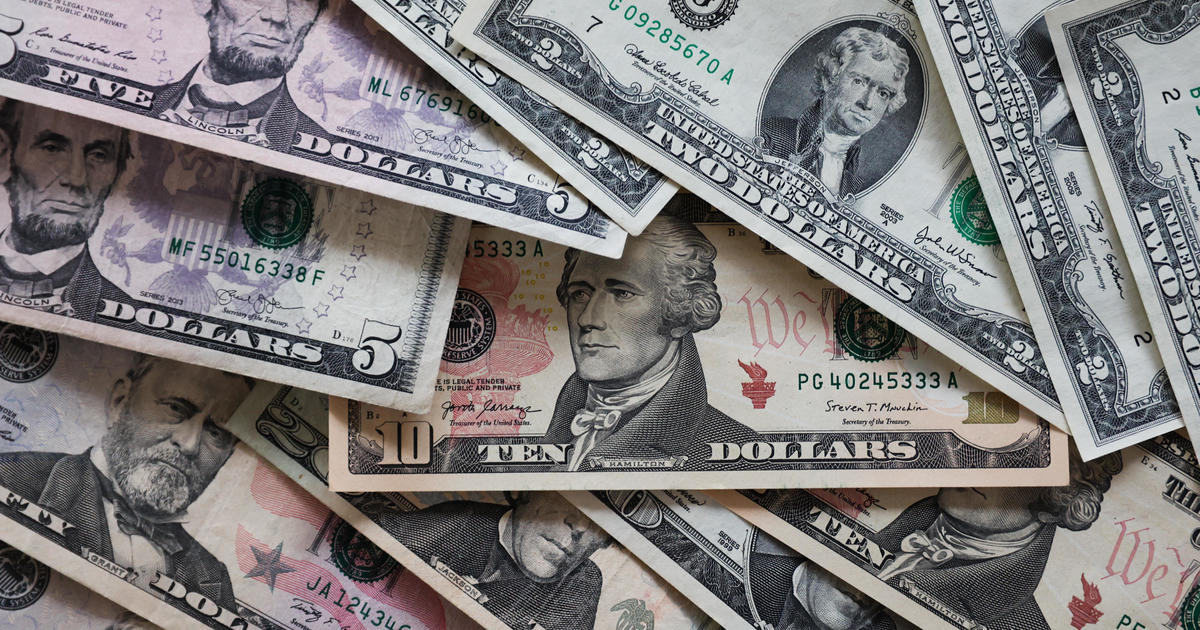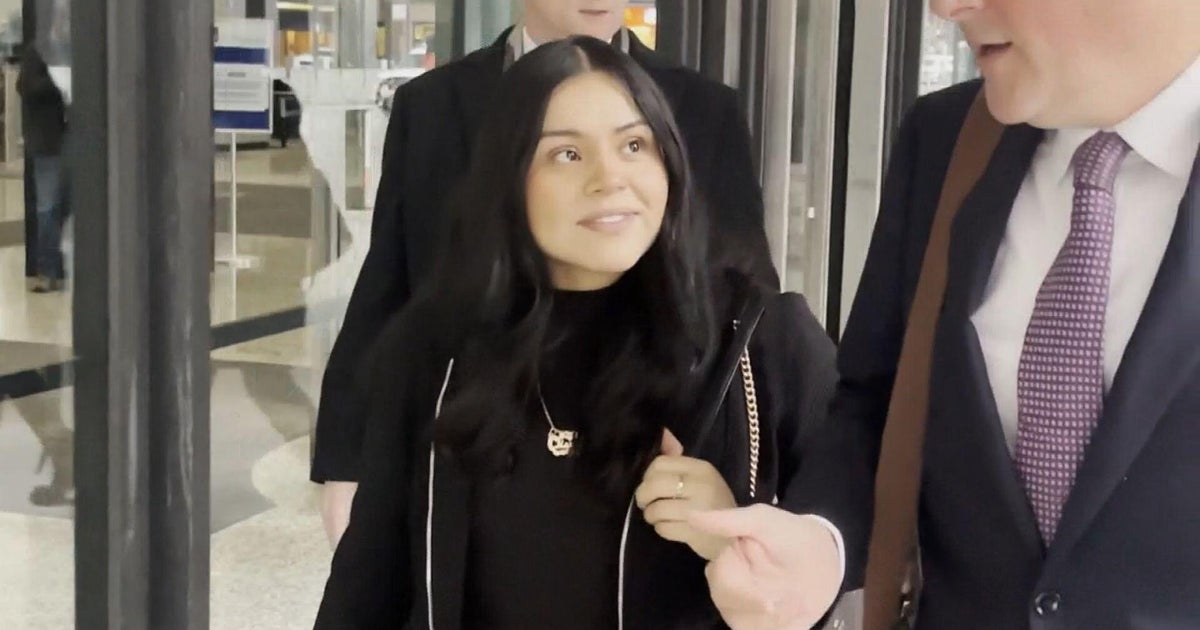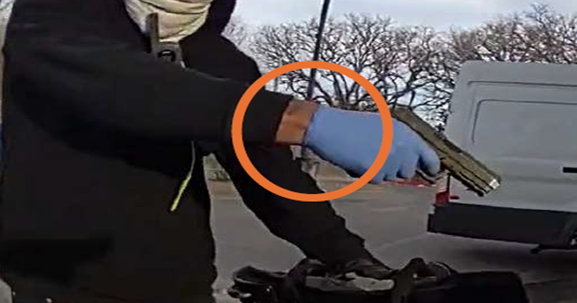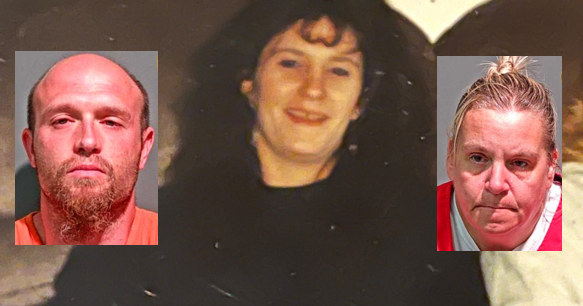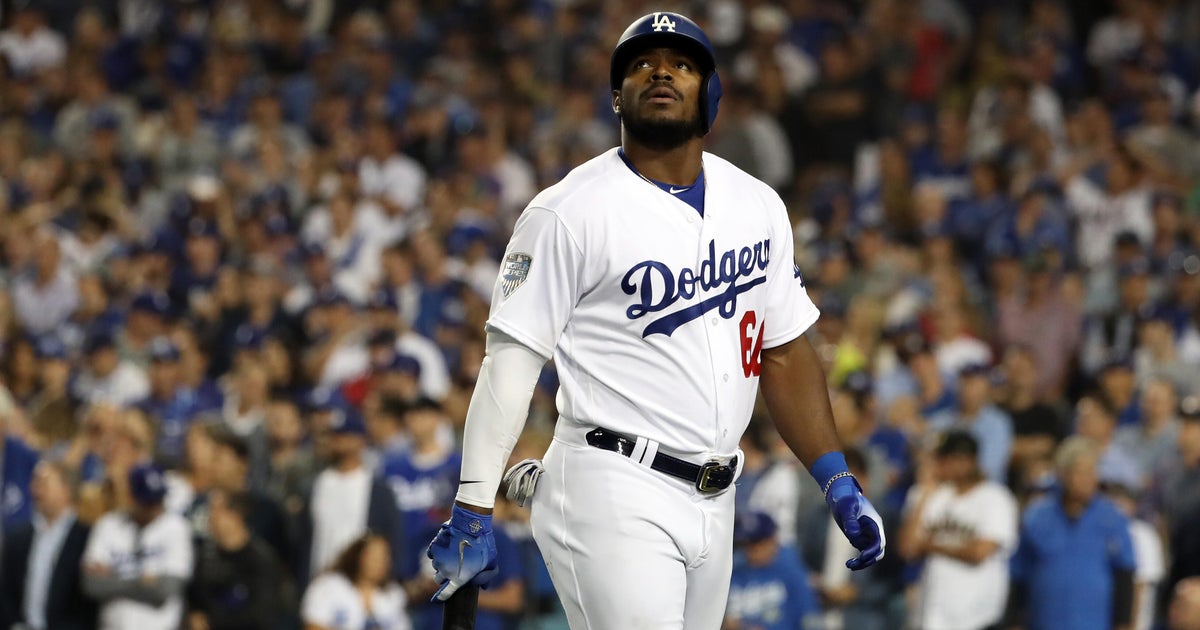Apple Asks Judge To Postpone Deadline In Brooklyn iPhone Case
NEW YORK (CBSNewYork/AP) -- Apple wants a judge to delay government demands for data from a locked iPhone in a Brooklyn drug case while the FBI sees if it can get contents from a San Bernardino attacker's phone without Apple's help.
Apple attorney Marc Zwillinger asked federal Judge Margo Brodie in Brooklyn late Thursday to postpone deadlines until the FBI reports to a California judge.
In February, a New York judge made a narrow ruling that Apple wasn't required to open a locked iPhone that was connected to the Brooklyn drug case.
Related: How The FBI Might Hack Into iPhone Without Apple's Help
Earlier this month, the Department of Justice went to court demanding a reverse in ruling, calling it an "an unprecedented limitation" on judicial authority.
The government is scheduled to update a California judge on April 5 about its efforts to access iPhones without the company's assistance. Investigators want information from a phone used by a shooter who with his wife killed 14 people.
The California and New York cases both hinge on the government's interpretation of the centuries-old All Writs Act. The new cases present another challenge for federal courts, which have to sort out how a law that is used to help government investigators squares with privacy and encryption in the digital age.
The Brooklyn case involves a government request that is less onerous for Apple and its phone technology. The so-called extraction technique works on an older iPhone operating system and has been used dozens of times before to assist investigators.
Police Commissioner Bill Bratton and Deputy Commissioner of Intelligence and Counter-terrorism John Miller said in a New York Times op-ed that Apple should comply with the order, arguing that privacy fears around iPhone security features were outweighed by the need to solve crimes and keep the public safe.
Apple's opposition to helping the government get phone data in the California attack and in the Brooklyn drug case has prompted a national debate over digital privacy rights and national security.
(TM and © Copyright 2016 CBS Radio Inc. and its relevant subsidiaries. CBS RADIO and EYE Logo TM and Copyright 2016 CBS Broadcasting Inc. Used under license. All Rights Reserved. This material may not be published, broadcast, rewritten, or redistributed. The Associated Press contributed to this report.)
